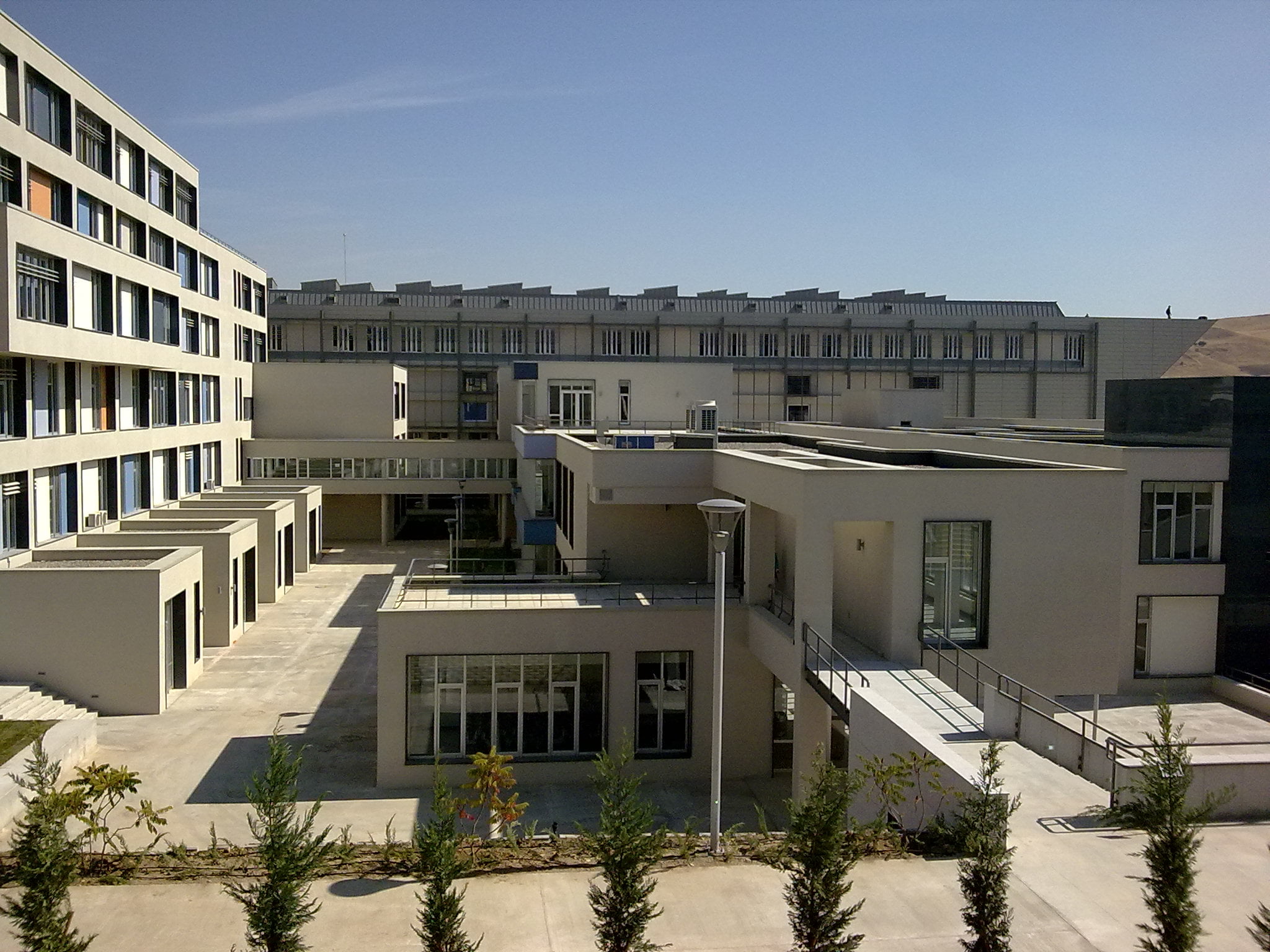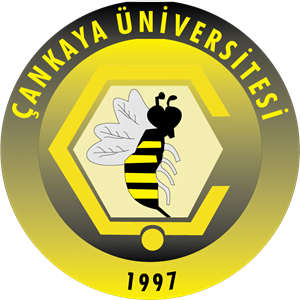Çankaya University: A Premier Institution of Higher Education in Turkey Founded in 1997, Çankaya University is a private, non-profit institution of higher education located in the capital city of Ankara, Turkey. The university is dedicated to providing its students with a comprehensive and high-quality education, while fostering a culture of academic excellence, innovation, and social responsibility. History of Çankaya University Çankaya University was founded by the Özyeğin Foundation, a philanthropic organization established by the prominent businessman and philanthropist, Hüsnü M. Özyeğin. The university was established with the aim of providing an innovative and rigorous educational experience to students in Turkey and around the world.
Location and Campus Çankaya University is located in the Çukurambar district of Ankara, one of the city’s most modern and vibrant neighborhoods. The university’s campus covers an area of over 1 million square meters, with modern facilities and state-of-the-art infrastructure that provide an ideal environment for learning and research. The campus features a variety of academic buildings, including lecture halls, research centers, and libraries, as well as sports facilities, dormitories, and dining halls. The campus also has beautiful green spaces, landscaped gardens, and walking trails, providing an ideal environment for leisure activities and social events.
Academic Programs Çankaya University offers a wide range of undergraduate and graduate programs in fields such as engineering, humanities, law, management, and social sciences. The university’s academic programs are designed to provide students with a strong theoretical foundation, as well as practical skills and experience that prepare them for successful careers in their chosen fields. The university also has a strong commitment to research and innovation, with numerous research centers and institutes that focus on areas such as engineering, management, and social sciences. Çankaya University is also home to a number of international research projects and collaborations, which contribute to the university’s global reputation as a center for cutting-edge research and innovation.
Faculties and Departments Çankaya University has 8 faculties and 2 graduate schools, each with a team of highly qualified faculty members and staff who are dedicated to providing students with an excellent learning experience. The faculties and departments include: Faculty of Economics and Administrative Sciences Faculty of Engineering Faculty of Fine Arts, Design and Architecture Faculty of Law Faculty of Letters and Social Sciences Faculty of Science Faculty of Tourism Faculty of Medicine Notable Alumni and Staff Over the years, Çankaya University has produced many notable alumni who have made significant contributions to their fields and to society as a whole. These include prominent politicians, scientists, artists, and business leaders, as well as many others who have achieved success in a wide range of careers and endeavors. The university is also home to many distinguished faculty members, researchers, and scholars who are recognized leaders in their fields. These individuals are actively engaged in research and teaching, and they play an important role in shaping the intellectual and academic culture of the university.
Student Life and Activities Çankaya University is home to a vibrant and active student community, with a wide range of clubs, organizations, and activities that provide students with opportunities to get involved in campus life and to explore their interests and passions. From sports and fitness clubs to cultural and social organizations, there is something for everyone at Çankaya University. The university also offers a range of services and resources to support student success, including academic advising, career counseling, and mental health services. Additionally, the university is committed to promoting community engagement and social responsibility, with numerous programs and initiatives that encourage students to give back to their local communities.
FAQs
Undergraduate Faculty and Schools
Faculty of Arts and Sciences
Faculty of Economics and Administrative Sciences
Faculty of Law
Faculty of Engineering
Faculty of Architecture
Graduate Faculty and Schools
Graduate School of Natural and Applied Sciences
Graduate School of Social Sciences



